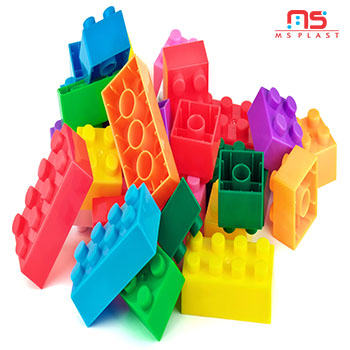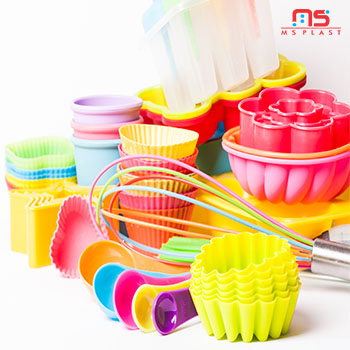
Polypropylene (PP)
PP granules is an easy to recycle thermoplastic that is used in an extremely wide variety of applications. Polypropylene is similar to polyethylene. PP granules are cheaper,but finished product are much stronger. PP granules are used for manufacturing plastic bottles, carpets, plastic furniture, and many car spare parts. Other uses include pipes, filter material and plastic products that require a higher quality and strength than its predecessor polyethylene can offer.
PolypropylenePolyethylene (PE)
Polyethylene is the most widely used plastic and usually comes in the form of granules. By melting the granules, they can be converted into various end applications such as plastic bottles, plastic bags, packaging film, sheathing of electric cables, water and gas pipes, and technical fibres.
Polyethylene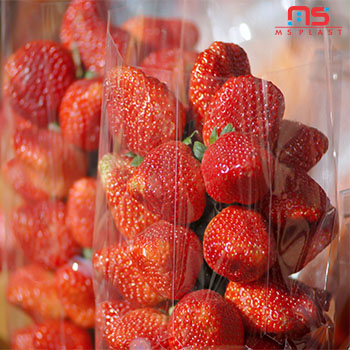
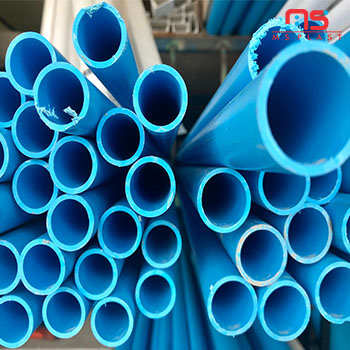
Polyvinyl Chloride (PVC)
Polyvinyl chloride is the world's third-most widely produced synthetic plastic polymer, after polyethylene and polypropylene. About 40 million tonnes are produced per year. PVC comes in two basic forms: rigid and flexible.
Polyvinyl-chloridePolystyrene (PS)
Polystyrene is a versatile plastic used to make a wide variety of consumer products. As a hard, solid plastic, it is often used in products that require clarity, such as food packaging and laboratory ware. When combined with various colorants, additives or other plastics, polystyrene is used to make appliances, electronics, automobile parts, toys, gardening pots and equipment and more.
Polystyrene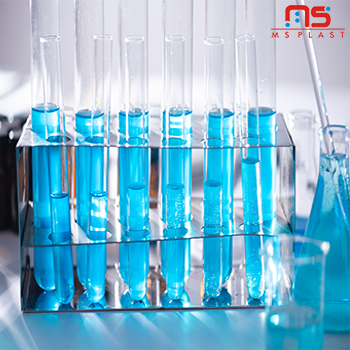
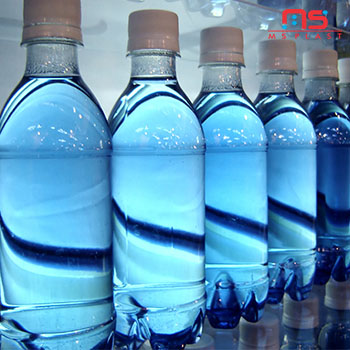
Polyethylene Terephthalate (PET)
PET is among those plastics which are an important part of your everyday life. It is an important commercial polymer having application ranging from packaging, fabrics, films, molded parts for automotive, electronics.
Polyethylene TerephthalateAcrylonitrile Butadiene Styrene (ABS)
Acrylonitrile Butadiene Styrene, often abbreviated as ABS, is an opaque engineering thermoplastic widely used in electronic housings, auto parts, consumer products, pipe fittings, lego toys and many more.
ABS